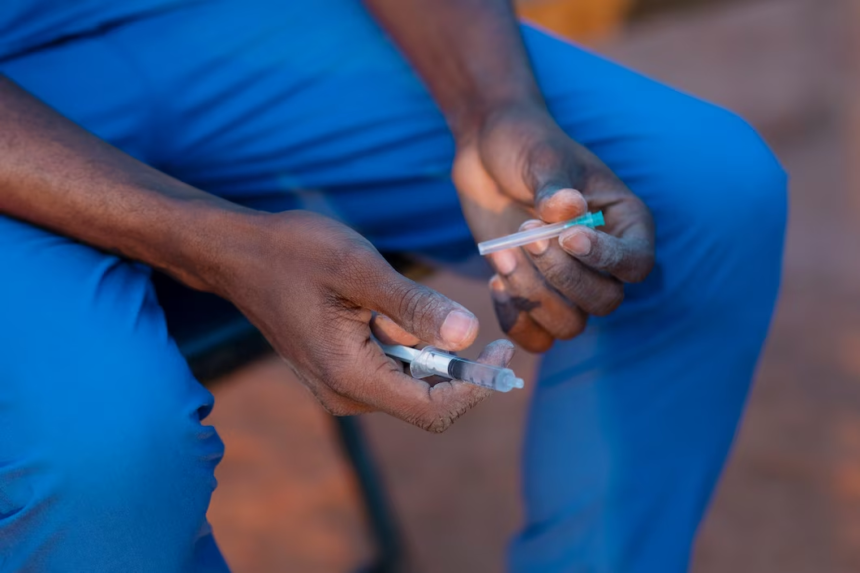Recognizing the Symptoms of Common STIs in South Africa
Sexually transmitted infections (STIs) are a significant public health concern in South Africa. Being able to recognize the symptoms of common STIs is essential for early detection, timely treatment, and prevention of further transmission. In this article, we will discuss the symptoms of some common STIs in South Africa and highlight the importance of seeking medical attention if you experience any concerning signs.
- HIV/AIDS: The early stages of HIV infection may not present with noticeable symptoms. However, as the infection progresses, common symptoms include fatigue, fever, swollen lymph nodes, weight loss, night sweats, and recurrent infections. It’s important to note that the only way to confirm an HIV infection is through specific blood tests.
- Chlamydia: Chlamydia is a bacterial infection that can affect both men and women. Many people with chlamydia may not experience any symptoms, but some common signs include abnormal discharge from the penis or vagina, pain or burning during urination, lower abdominal pain in women, and pain or swelling in the testicles in men. If left untreated, chlamydia can lead to more severe complications.
- Gonorrhea: Gonorrhea is another bacterial infection that can be asymptomatic in some individuals. However, common symptoms include increased vaginal discharge, pain or burning during urination, bleeding between periods, and testicular pain or swelling in men. Rectal gonorrhea may cause discomfort, itching, or discharge from the anus. If left untreated, gonorrhea can lead to serious complications and infertility.
- Syphilis: Syphilis progresses in stages, each with its own set of symptoms. In the primary stage, a small painless sore called a chancre may appear at the site of infection (e.g., genitals, anus, mouth). In the secondary stage, symptoms can include rash, flu-like symptoms, swollen lymph nodes, and hair loss. If left untreated, syphilis can progress to the latent and late stages, which can cause severe damage to the organs and nervous system.
- Genital Herpes: Genital herpes is a viral infection that presents with recurrent outbreaks of painful blisters or sores in the genital area. The initial outbreak is usually the most severe, accompanied by flu-like symptoms such as fever and swollen lymph nodes. Subsequent outbreaks may be less severe and characterized by tingling or itching before the appearance of blisters.
- HPV (Human Papillomavirus): HPV infection often does not cause noticeable symptoms, but certain strains can lead to genital warts. These warts can appear as small, flesh-colored bumps or clusters in the genital or anal area. In some cases, certain strains of HPV can lead to an increased risk of cervical, anal, or other cancers.
It’s important to note that symptoms can vary among individuals, and some STIs may not cause any noticeable signs. Additionally, some symptoms may resemble other conditions or be mistaken for less serious infections. Therefore, if you experience any concerning symptoms or have engaged in unprotected sexual activity with a new or potentially infected partner, it is crucial to seek medical attention.
Regular STI testing is recommended, even in the absence of symptoms, especially if you are sexually active or have multiple partners. Confidential testing and treatment services are available in South Africa through public clinics, private healthcare providers, and specialized reproductive health clinics.
Remember, early detection, diagnosis, and treatment are key to preventing complications and further transmission of STIs. By being aware of the symptoms and seeking timely medical care, individuals can take control of their sexual health and well-being.










